One of the early fears in the smart home space was the possibility of proprietary development. That is, if you want ABC Smart Lights, you had to control them using a phone or device from ABC. And those smart lights couldn’t work with, say, a smart alarm system from XYZ that automatically turns ABC’s lights on when you arrive home. It’s an issue that leads to anti-consumer, money-hungry stupidity.
Thankfully, the industry isn’t being stupid. Open standards are all the rage these days, with companies opting to be part of bigger coalitions, pacts, alliances (or whichever word you prefer to describe these things) in order to push to a common solution.
The same is true for the Open Connectivity Foundation (OCF), backed by big name players Intel, Microsoft, Qualcomm, LG, and Samsung. Those last 2 companies are pretty important, because they happen to be 2 of the biggest appliance and electronics players in the game.
Their ultimate goal is to create products that work well together, so your LG washing machine can deliver status updates to your Samsung fridge, or any other kinky combination you can think of. In fact, the Korea Herald is reporting that they’re both working on products based on OCF standards for launch later this year.
This comes at a time where the smart home market is still one that breeds uncertainty. The OCF is a great prospect, but what about some other auxiliary players? Where will Apple, Google, Amazon, and the like go? Which standards will they push? Will everything ever be truly interoperable?
We don’t know the answer to those questions just yet. But the OCF is in a prime position to shape the landscape going forward, because if everyone is buying Samsung and LG smart TVs, fridges, and washing machines, you better believe that other device makers will want to offer products that fit in with the “in” crowd.

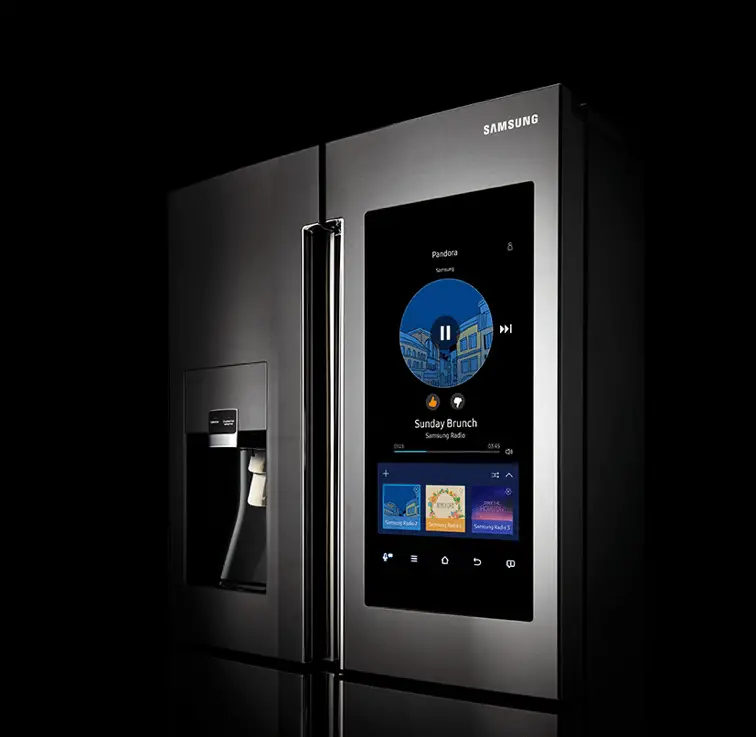

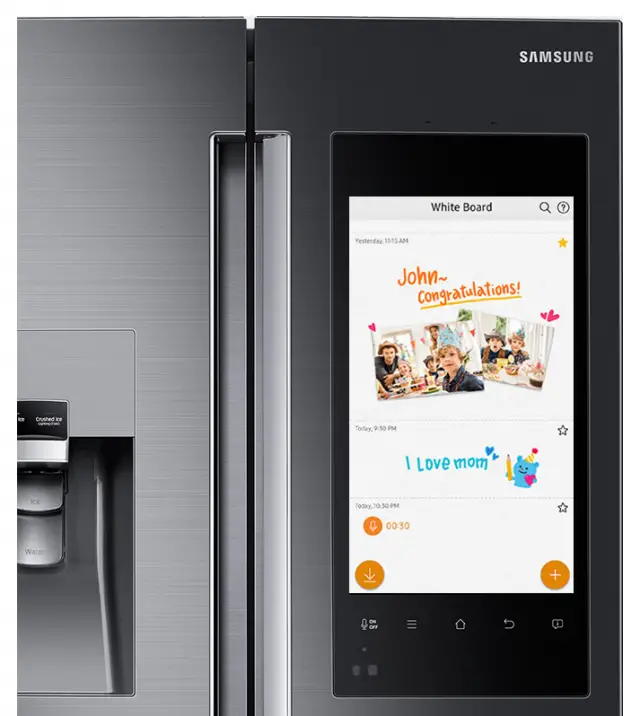
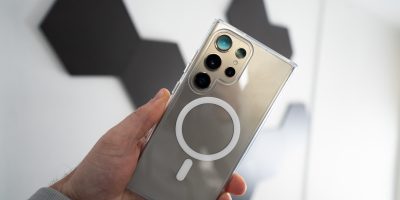
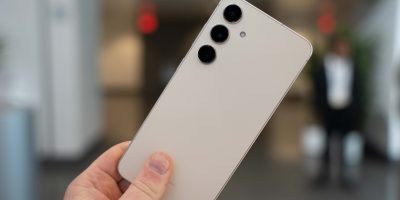


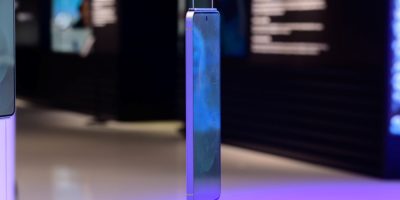
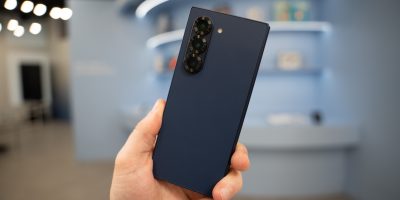
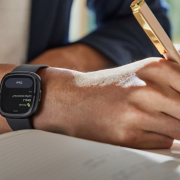
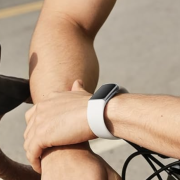
Comments